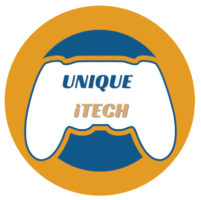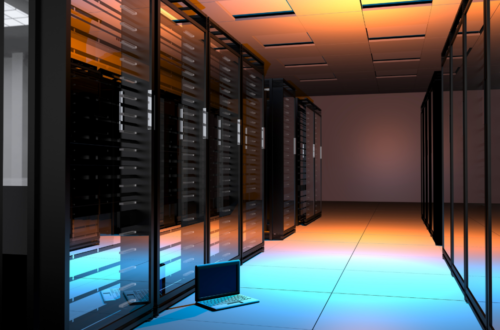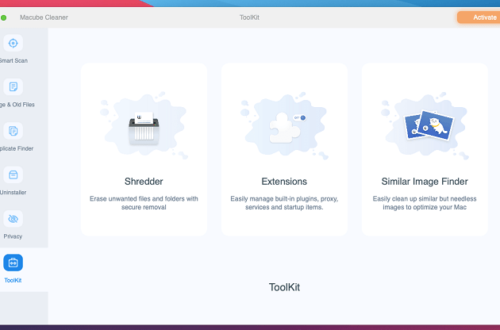You can gain programming, design, and problem-solving skills by taking computer technology course. You can find computer technology courses and study programs in a variety of places. The purpose of this course is to introduce students to the basic concepts at work in computer technology. Computer structures and complex logic structures, as well as memory databases, are analyzed by students. A number of computer terminology and concepts are covered in the course, such as RAM, GB, and RAMBUS.
What Can I Learn in Computer Technology Courses?
A computer technology course covers everything from computer hardware assembly and system design to data storage and network security to electronics and computer engineering. Computer diagnostics, device architecture, operating systems, and computer operation theory are all included in introductory courses. During more advanced courses, you’ll learn about database development, programming, and algorithm design. The classes are taught both in lectures and in labs.
Are These Courses Part of Degree Programs?
Computer technology course are offered in many 2-year schools leading to certificates or associate degrees. Computer technology, computer science, and computer technology management programs are typically offered at colleges and universities. A master’s degree program in computer science, computer technology, or computer information systems can offer courses in this field at the graduate level.
Are Any Courses Available Online?
Certificates and degrees can be earned online. There are also online computer technology courses for associate and bachelor’s degree programs, but they are less common. It is typically necessary to have a computer with a high-speed Internet connection, a current browser, and a media player to access course content. A PDF reader or word processing program may also be necessary to complete program coursework. A graduate program may require you to access additional components, such as statistical analysis software.
Database Management Course
Students will gain a comprehensive understanding of computer database applications, from simple desktop platforms to Web-based servers. This course explores the fundamentals of database design and languages, along with methods for implementing database systems. We will cover design-sophisticated tables, customized formats, conditional input forms, database automation, and ActiveX controls.
C++ Programming
Using C and C++ programming languages, students will learn the basics of designing, writing, and reading programs. Students might learn how to develop software, event-driven programming, manipulate objects, object-oriented programming, and test and debug data files.
JAVA Programming
The JAVA programming language will be used to teach students skills in designing, reading, and writing applications. Among the topics covered might be testing, debugging, manipulating objects, basic programming structures, and introducing NetBeans IDE Java environment.
Computer Networks
The purpose of this introductory course is to introduce students to the architecture, functions, and models of Internet and computer networks. A course might cover hardware, software, access methods, IP addressing principles, Ethernet concepts, wireless networks, and fiber optics.
C# Programming
In this course, students will learn about structured logic design by using the C# programming language. By manipulating, debugging, and testing objects, using pseudocodes, and practicing problem solving, students will be able to manipulate, debug, and test objects.
UNIX Networking
In this course, students will learn about the UNIX operating system, including its basics and applications. This course might cover topics such as how to effectively use files, how to use management commands, how to administer a system, and how to write shell scripts.




